Contact
Information on blockchain courses:
Please not we do not offer any blockchain courses ourselves, as we are a research team only that has been looking into blockchains and their practical uses. We do have a course page on the website, however, which links to external courses which can be found here: https://blockchain.open.ac.uk/courses/
You would need to contact the relevant institutions/websites that offer the courses to find out more information about them.
Information on blockchain jobs:
Any jobs we have available within the department can be found on this website: http://kmi.open.ac.uk/jobs/
For all other queries please contact us via the form below:







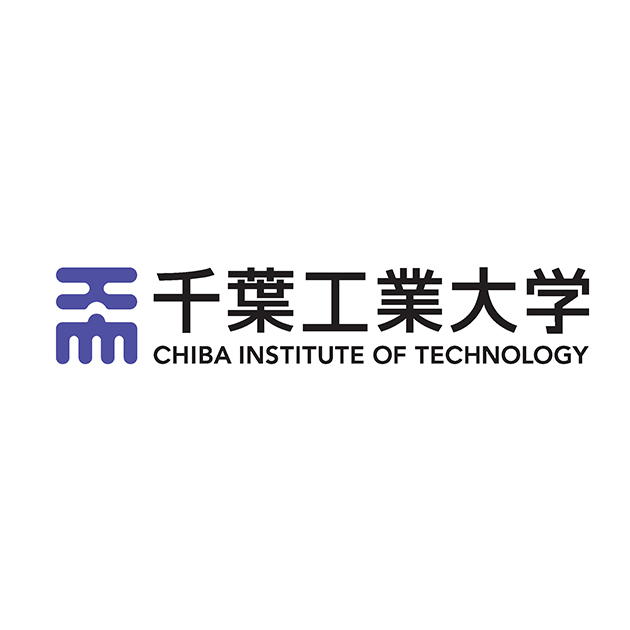
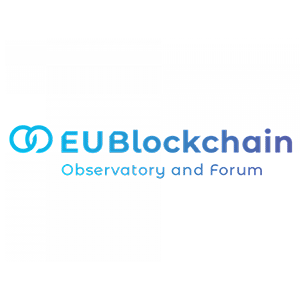


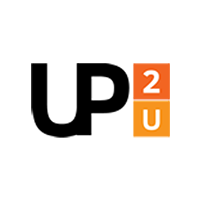

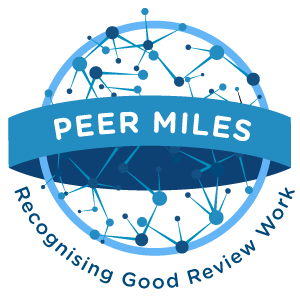
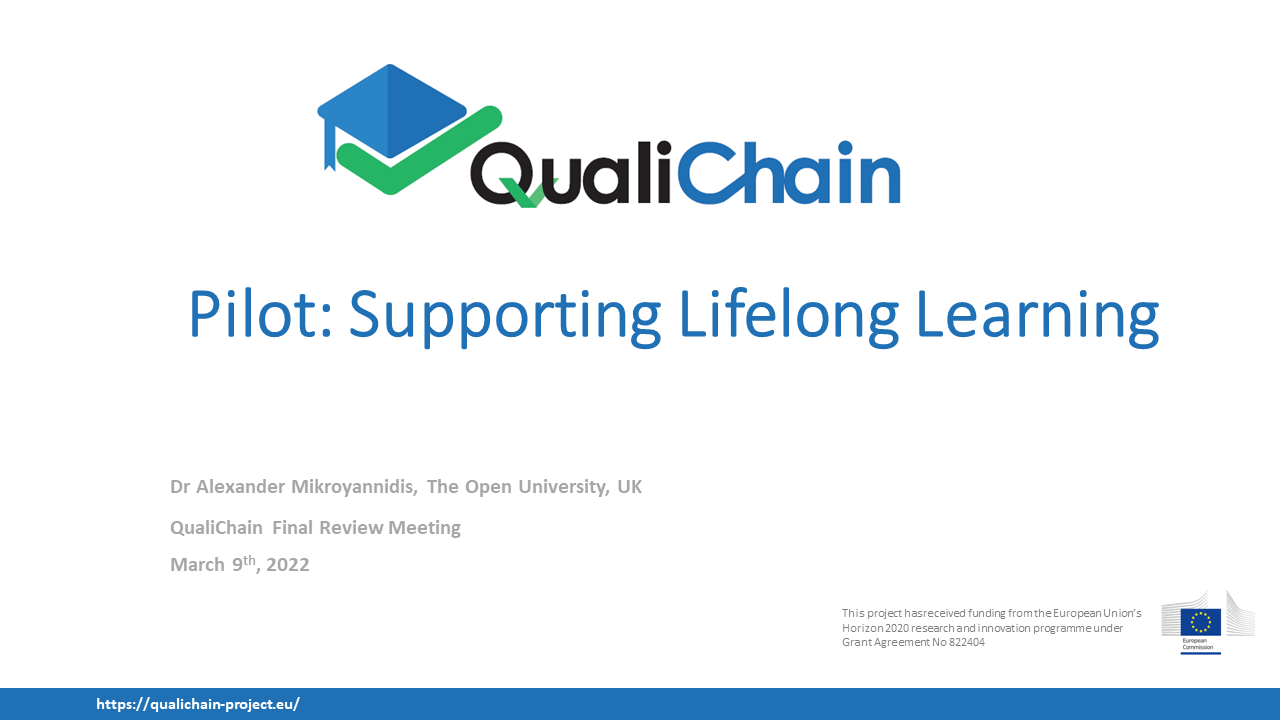
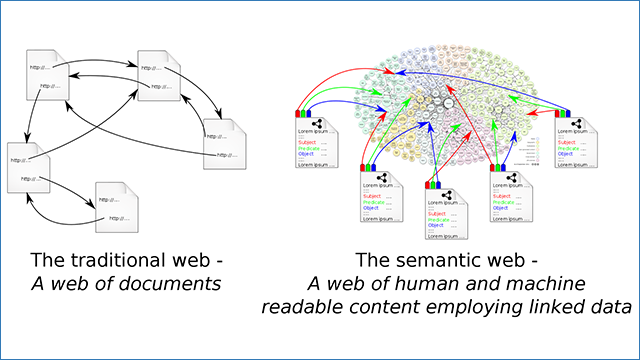
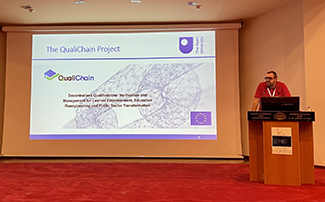
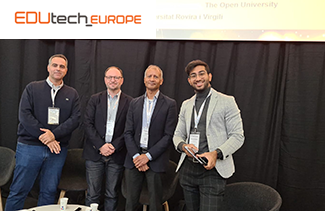










You must be logged in to post a comment.